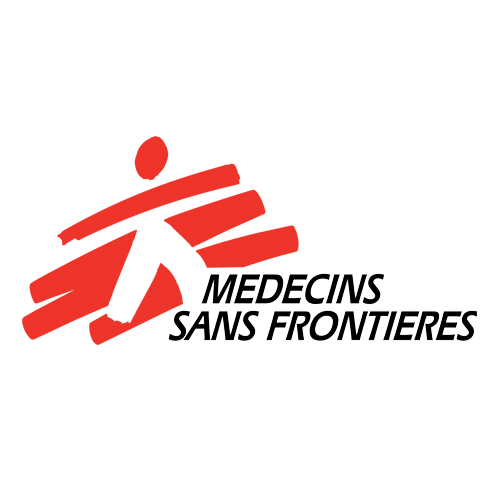

Foundation and structure:
MSF was founded in 1971 in France by a group of doctors and journalists in the wake of war and famine in Biafra in Nigeria. In general terms, MSF is an independent medical humanitarian movement, which aims to deliver emergency medical care where it is needed most. This organization is guided by medical ethics, and driven by the belief that every human deserves access to medical care, regardless of race, religion or political affiliation.
At its start, the organization was made up of a group of 300 volunteers who were doctors, nurses and other medical workers. Today, MSF employs more than 30,000 people across the world. The majority of MSF staff members (84% in 2015) are hired locally and the rest are international and headquarters staff. Importantly, 92% percent of MSF’s total funding comes from the 5.7 million private supporters from around the world. Their support gives the foundation the independence to respond to emergencies all over the world, and the ability to act based on medical need only.
Actions:
MSF operates in nearly 70 countries around the world; it delivers emergency care to people affected by conflict and violence, epidemics and disease, healthcare exclusion and natural disasters. Since its founding, MSF has treated over a hundred million patients with 8.66 million outpatient consultations in 2015. Medical services provided by MSF cover emergency healthcare, surgery, mass vaccination campaigns, therapeutic and supplementary nutrition, training and health education in addition to organizing and/or upgradation of health facilities.
In 2015, MSF had over five hundred projects, 29% of which were in war-torn areas, while 24% of these projects were offered in countries suffering from internal stability. The budget allocated for MSF programs exceeds EUR 800m, with Asia and the Middle East accounting for 28% (EUR 244.6m) of it. In order to comprehend the massive role of MSF in offering medical services to those in need, it is generally useful to give some statistical indicators of its work. For example, in 2015 MSF provided 8,132,100 consultations, ~600,000 admissions and treated over 2,299,200 malaria cases. Additionally, it offered over 219,000 assisted births including caesarian sections, 83,500 major surgical interventions, 1,537,400 measles vaccinations and 184,600 mental health consultations.
Awards and recognition:
In 1999, MSF was awarded the Nobel Peace Prize “in recognition of the organization’s pioneering humanitarian work in several countries”. The proceeds of the prize were used to set up a “Neglected Disease Fund” designed to support pilot projects for the clinical development, production and distribution for neglected diseases
In recognition of its outstanding contributions, Medecins Sans Frontieres is awarded the HAMDAN AWARD FOR VOLUNTEERS IN HUMANITARIAN MEDICAL SERVICES for the Term 2015-2016.